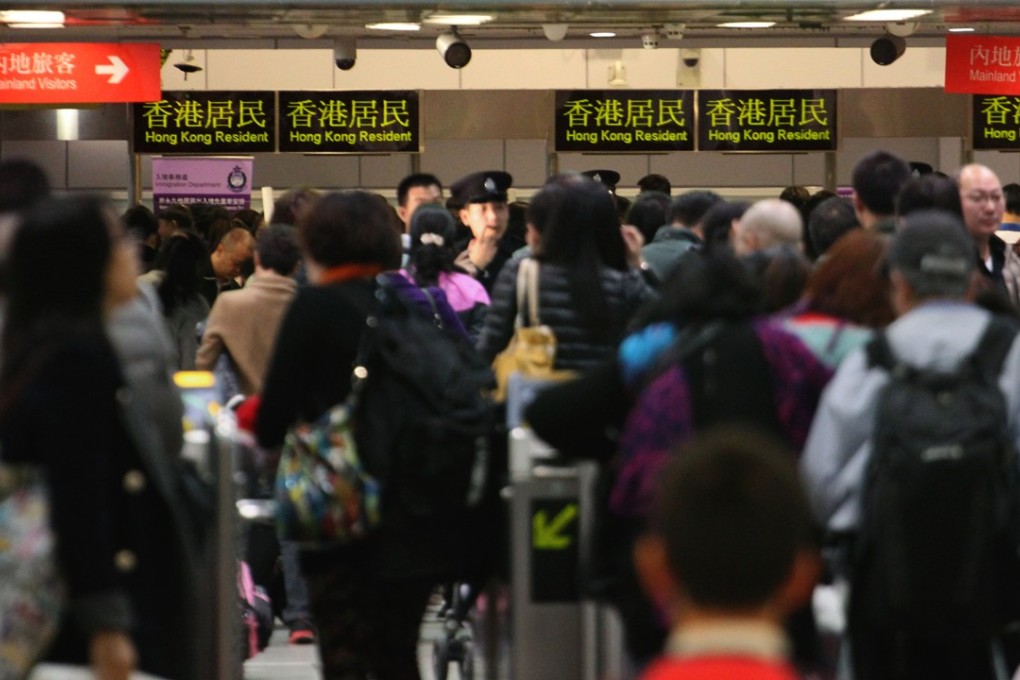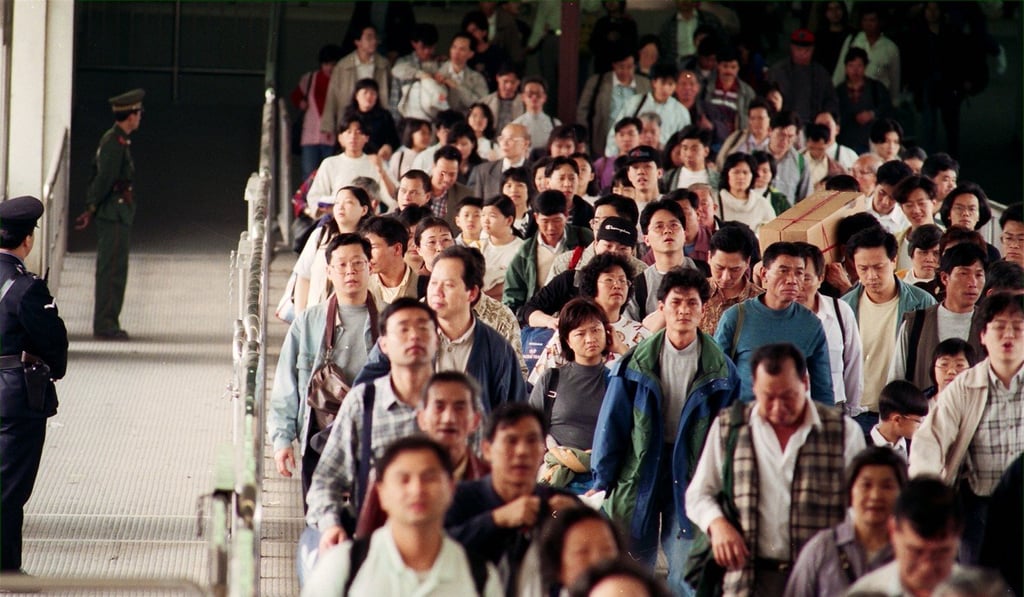Inside Out | Does anyone have a better plan for processing 100,000 daily railway passengers at the border?
Plugging as fluently as possible into China’s massive high-speed rail network is critically important in capturing this potential, and co-location will be indispensable for this.

As I watched the interminable arm-wrestling between supporters and opponents of co-location arrangements for immigration and customs checks on the high speed trains to the Mainland, I am reminded of those long university nights spent decades ago wrestling with the “ontological argument”.
For those of you lucky enough to avoid this torture, the ontological argument has over the centuries been waged in efforts to prove the existence of God.
It was apparently first engaged by Anselm of Canterbury in 1078 in his book Proslogion. Christian and Islamic philosophers of all colours have since then fought the same fight. Descartes developed many versions of the argument during the 1600s.

In short, he started with an a priori theory based on no evidence or fact, and then used the theory to prove what he wanted to prove.
My experience wrestling through the ontological argument was deeply frustrating and demoralising. For me, the main finding was that people who want to believe something hard enough will one way or another find a rationale for justifying the belief, and that once they have alighted on the “proof”, no evidence in any form would ever shift them.
